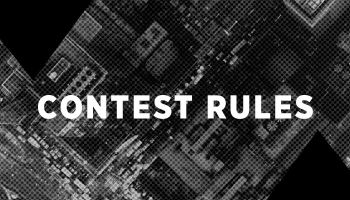When FacebookChief Executive Mark Zuckerberg recently announced a “Like” button that publishers could place on their Web pages, he predicted it would make the Web smarter and “more social.”
What Zuckerberg didn’t point out is that widespread use of the Like button allows Facebook to track people as they switch from CNN.com to Yelp.com to ESPN.com, all of which are sites that have said they will implement the feature.
Even if someone is not a Facebook user or is not logged in, Facebook’s social plugins collect the address of the Web page being visited and the Internet address of the visitor as soon as the page is loaded — clicking on the Like button is not required.
If enough sites participate, that permits Facebook to assemble a vast amount of data about Internet users’ browsing habits.
“If you put a Like button on your site, you’re potentially selling out your users’ privacy even if they never press that button,” says Nicole Ozer, an attorney with the ACLU of Northern California. “It’s another example of why user control needs to be the default in Facebook.”
In the last few months, scrutiny of the privacy practices of the Internet’s second most popular Web site has reached an all-time high, with politicians threatening probes and privacy activists calling for formal investigations.
To Read More: Click Here
Via: Cnet.com











